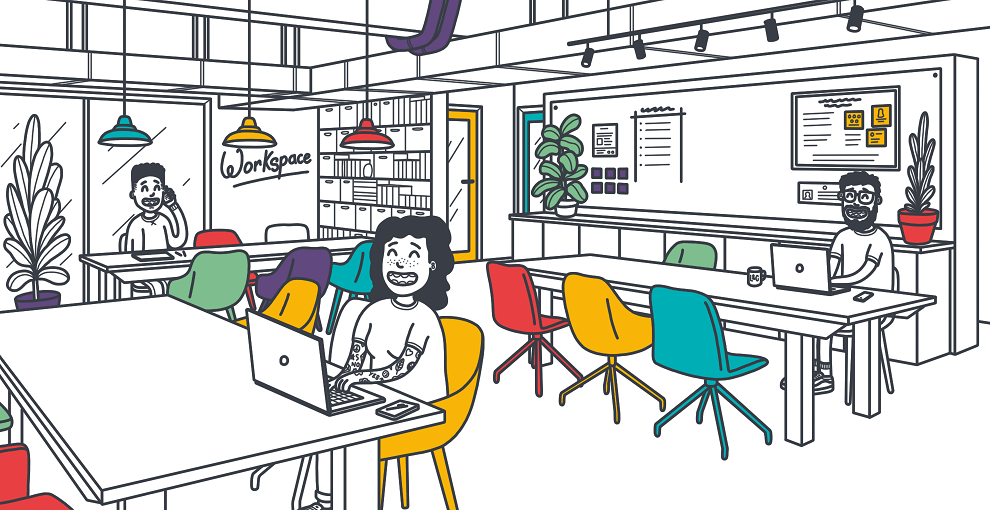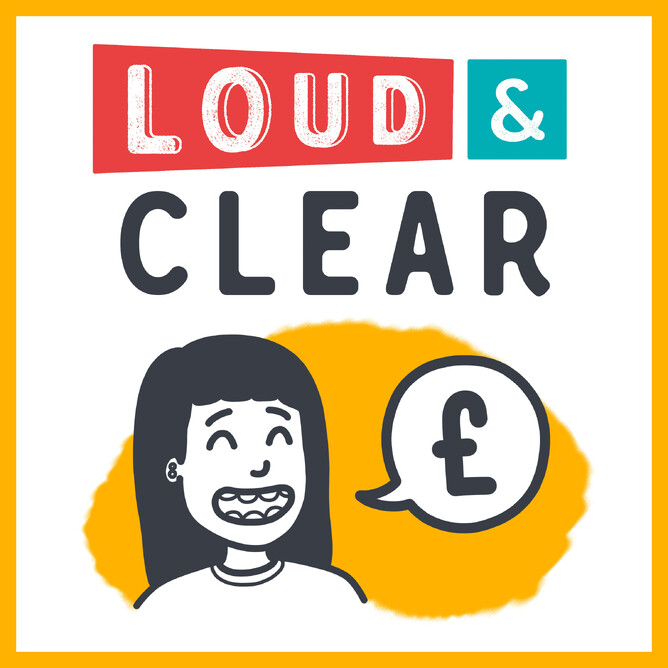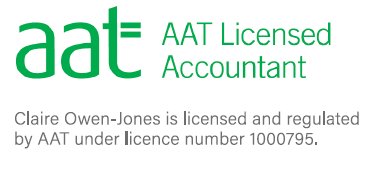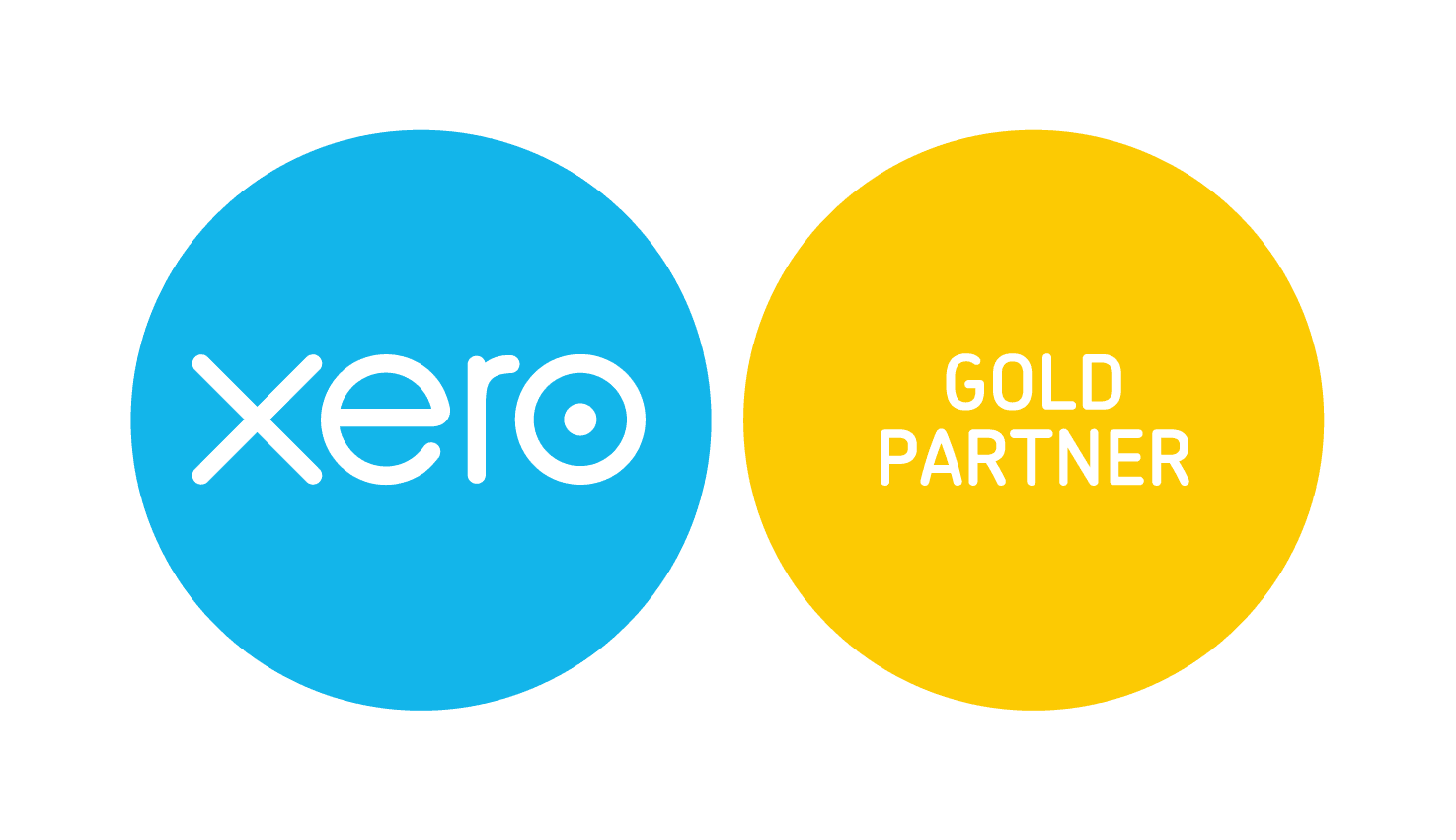Podcast transcription with introduction removed
In the last couple of episodes, I’ve been focusing on the decision you need to make before you’ve even begun trading which is, should you be self-employed or should you actually set up a limited company and trade through that. In episode one, I went through the differences between the two, and in the last episode, I went through the three things that you need to consider before you make that decision. Now, in this episode, I’m going to be going through some of the positives or the pros of being self-employed. This hopefully will help you make a decision if the previous episode didn’t give you a definitive answer, so please go and listen to the last episode first, and then if your answer to those three points, there’s still a little bit of uncertainty and you weren’t sure, then listen to this episode and the one after.
Super easy to get started
Let’s think of some pros and some positives of being self-employed, if you’re still undecided as to be self-employed or trade as a limited company. The first one, the first positive is that it’s super easy to get started. There’s nothing stopping you from going out today, finding a customer, making a sale, making some money, and that is it. You do not need to tell HMRC that you’re becoming self-employed before you’ve started trading, and there’s actually quite a bit of time after you’ve started trading to let them know as well.
Now, I’ll go through the process and the deadlines in more detail in another episode, but that sort of ease and speed before you get started is a real positive of being self-employed. The second positive is that there’s not much admin involved with being self-employed. You don’t need to worry about payroll, you don’t need to have a separate bank account, unless you want one, of course. The only thing you need to tell HMRC is what you’ve earned in the last tax year, and you’ll do that through your self-assessment tax return. And that will be where you put in your self-employment income, if you’ve got any employment income or rental income, all of that in one place, and then you pay your tax. It’s just literally one form a year that you need to worry about.
Now, I’ll go through the process and the deadlines in more detail in another episode, but that sort of ease and speed before you get started is a real positive of being self-employed.
Not much admin involved
The second positive is that there’s not much admin involved with being self-employed. You don’t need to worry about payroll, you don’t need to have a separate bank account, unless you want one, of course. The only thing you need to tell HMRC is what you’ve earned in the last tax year, and you’ll do that through your self-assessment tax return. And that will be where you put in your self-employment income, if you’ve got any employment income or rental income, all of that in one place, and then you pay your tax. It’s just literally one form a year that you need to worry about.
Easy to close your business down
The third positive is actually around the ease of closing the business down. Now, I know it probably doesn’t make sense for me to be all negative now, talking about closing your business down during questions about setting your business up, but at Loud and Clear Accounting, I work primarily with freelancers and sort of one person businesses. And there is sort of a natural churn within the first year of people who start their business and then find that they actually don’t enjoy it. Freelancing can be a little bit lonely, you can miss being part of a team and miss being in that office, and also sometimes the great idea that you had doesn’t catch on as quickly as you want, or maybe it needs a little bit more time and energy that you’ve got available.
If you’re a little bit uncertain, is being freelance right for you, is this business idea a little bit of a gamble, if you’re self-employed, it’s incredibly easy to just kind of go, this is not working for me, draw a line on it and walk away.
Can ofset losses against employment income
The fourth reason, again not as negative as point three, but if you’re going to be running your self-employment alongside some employment income, so if it’s more of a side hustle, or you’re just planning on it being small and you can’t give up that security of an employment income for a bit, when you complete your self-assessment, all of your self-employment profits will kind of sit alongside your employment income, and they’ll both be added together and taxed accordingly. If you’re self-employed and you think, actually, maybe in the first year, maybe in the second year, there’s a very high chance that you’ll make a loss, such as you might need a very expensive website or you need to invest in a lot of equipment, being self-employed means that you’ll be able to sort of offset that loss against your employment income.
If you’re paying tax on that employment income, you will be able to obtain a tax refund, and sometimes that’s very handy. It can be an extra cash injection into your business, it could just actually be a nice bonus to yourself. So those are the four positives of being self-employed, so as I said, nice and quick and easy to get started, it’s minimal admin, it’s very quick to close down if you decide that the business isn’t for you or it’s not as successful as you want it to be, and any losses that you make can be offset against employment income if you’ve got employment income and you’re paying tax on that.







